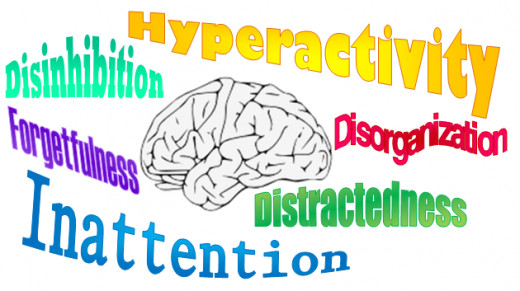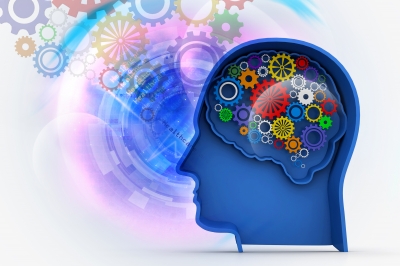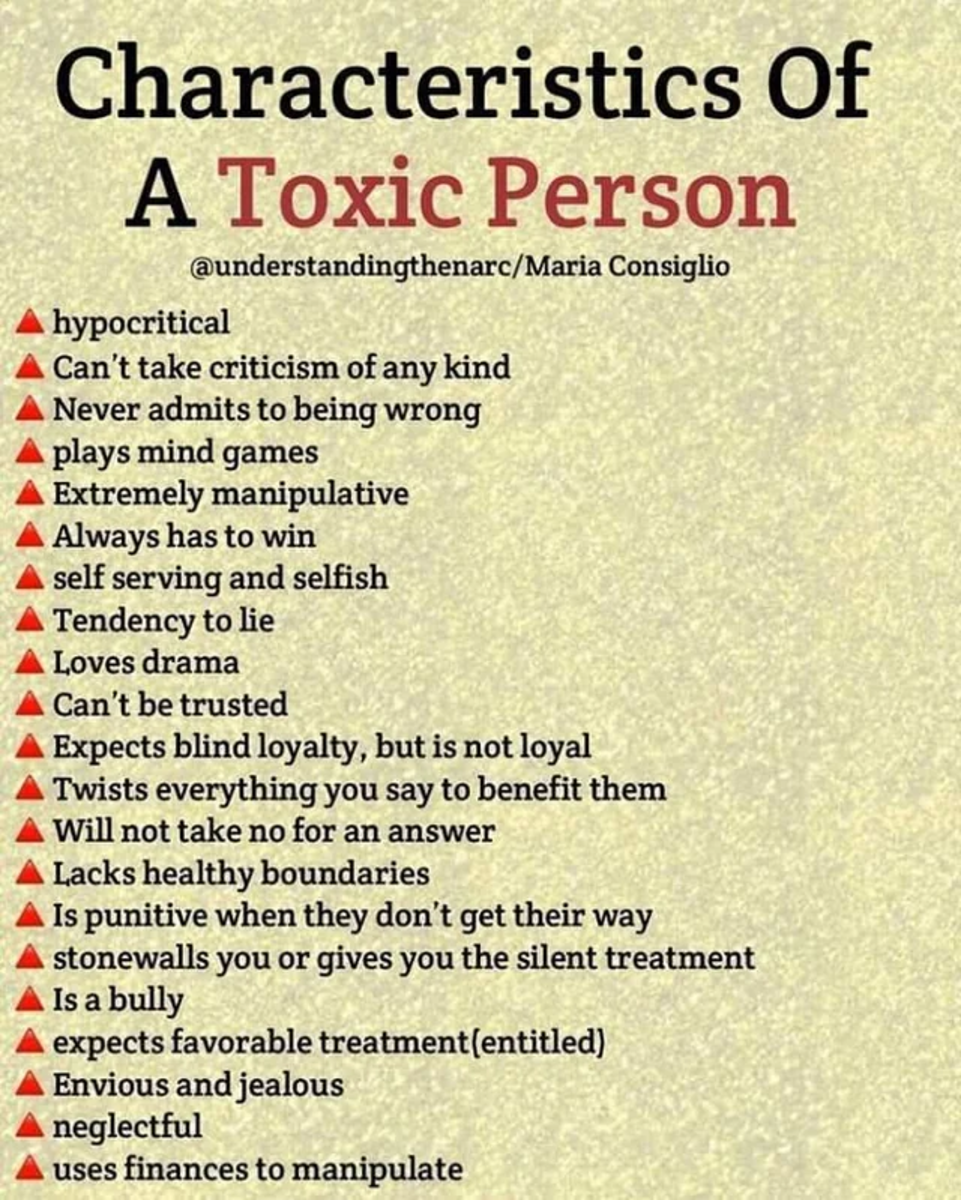How ADHD Influences Development
ADHD is one of the most well-known psychological disorders in our society today. Sadly though, it's also one of the most over-diagnosed. These days, whenever a child is a little too active to our tastes, we put the label of 'adhd' on them, stuff them full of pills, and hope we can go back to sticking them in front of the tv to double as a babysitter. But the real ADHD, that still has a relatively high prevalence in a population, is a real and difficult thing to live with, for both the child and its parents.

Diagnosing ADHD
First, let's review the symptoms that would lead to the diagnosis, according to the Psychologist's Manual for Mental Disorders, the DSM-IV (since I'm boycotting the DSM-V... ;-) ). I will not mention all possible symptoms or the precise criteria, as that is not the subject of this article. Interested viewers can easily search the web for the requirements for this problem.
All of these symptoms should always be compared to what is considered normal for a child according to his or her development level, should last for a period of at least 6 months, and begin before the age of 12.
○ Inattention
The child doesn't notice details and appears to be careless. It's difficult to stay focused, and often it is easy to distract them. They can sometimes be thought of as "bad" because he or she doesn't seem to listen. They have difficulty organizing things.
○ Hyperactivity, Impulsiveness
As is stereotypical of these children, they are unable to sit still for extended periods of time, especially when it is required of them. Of course, this can be said of all children, and should always be judged in context. They typically seem to "fidget" and can't play quietly. They also seem to always be rattling about whatever is on their mind. They interrupt and seem to have problems with awaiting their turn in a conversation or game.
Of course, having these symptoms logically will lead to decreased performances in many fields.

Causing ADHD
As is typical of most any disorder, there is no single cause to be pinpointed. However, scientists researching identical twins who were separated at birth for adoption have found the impact of genes to be no less than 70-80%! The environment has been found to only have about a 22% influence on variation.
Of course, this is not merely a simple summation. Rather, environmental and genetical factors seem to interact.

Consequences of ADHD
ADHD has an obvious impact on performance, self esteem and on relationships with others, including those with the parents. It can directly influence parental stress and can indirectly lead to an increased likelihood of divorce.
According to a research published in 1975 by Campbell, children with ADHD are more likely to ask for help, which they also do a lot more frequently, talk a lot more, are less independent and less likely to obey their parents. They also communicate more negatively.
Mothers on the other hand were more inclined to help their children, and kept more control over them, as well as increasing the structure in a child's life. They tend to disapprove of the child's behavior more frequently, are less patient and responsive and will give fewer positive reactions to the child. They are more commanding and hand out punishment at a higher rate. However, they are also more sensitive to the child, as are fathers.
In families with this disorder, conflicts are stronger and more frequent. The communication style is more negative.
Parents of these children in general are more likely to attribute their bad behavior to internal and stabile factors. For example: "he did something wrong because he's bad." Good behavior is thought to be caused by something external and temporary: "he's giving me flowers because someone told him to do so."
Remarkably, there is a difference between the mother and the father in how they think about ADHD. Mothers will think of it as a biological disease, and feel guilt over it, whereas fathers reject the medical explanation and seek a psychological cause. This will cause dads to more often engage in a negative parenting style.
Both however will feel like they can't grasp control over it, which can be very disheartening.

Can Anything Be Done?
Luckily, parental training can lead to more responsive parenting, and an increased sense of competence and fewer conflicts.
ADHD is a lifelong disorder. In adulthood we can see them having trouble keeping a job or relationship and they are more likely to experience problems when they have children of their own. Medication such as Ritalin can calm the mind down, but cognitive behavioral therapy can lead to long lasting effects and a higher sense of self esteem.
The conclusion we can draw from all this is that ADHD is more than a problem for school but has a wide impact on a child's life, now and in the future, and has a strong influence on the parents as well. Therefore, a proper diagnosis and treatment adapted to the individual child's needs are no luxuries but important tools for building a better future and present.








